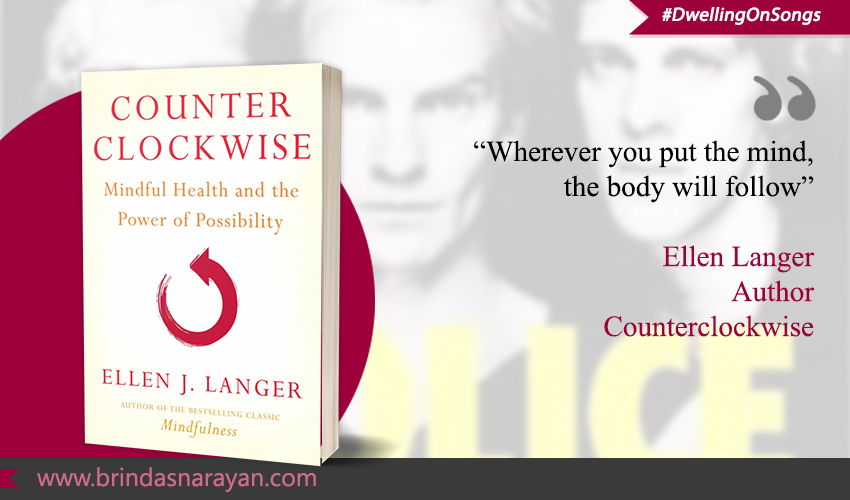
Why I Listen To Retro Songs
My husband has long since snatched the cool parent title. Since my ‘kids’ are no longer, well, kids – they are both in their 20s – I thought I would dwell on one of the reasons for the crown slipping well beyond my reach. (Honestly, there must be many other reasons that I would rather not ponder over, at this point.) One of the glaring differences between “Ma” and “Pa” is that Ma fancies retro music – both English and Hindi – whereas Pa equally revels in Gen Z playlists.
In the era, when we had cars with radios only (and maybe a few clunky cassettes and later on, CDs), we engaged in family feuds over channels. When the kids went through a phase of listening only to the latest English hits, I was grateful when they occasionally relented to the front-seat’s clamor for Hindi. Till my addled middle-aged brain realized that the back-seat’s sufferance had been, all along, an act of subterfuge. The Hindi songs were tolerated only because the English channel happened to be playing my favorite retro hits at exactly that hour.
I had been foolishly lulled by Ladki Badi Anjani Hai when I could have been tapping my feet to a more snappy Footloose. The back-seat scheme unraveled only because their endurance of my songs dried up at the precise second that the retro hour had ended. Even with just five more minutes to reach our destination, when they feverishly insisted on turning back to the English 91.9, my daydreaming self was jerked into mindfulness. And alerted to their slick smiles.
Citing New York Times articles or anything else mildly didactic was also forbidden inside the car. If not, I might have given them more robust reasons for listening to retro music. Consciously evoking memories of one’s younger self and past, can according to experiments conducted by the Harvard psychologist Ellen Langer, induce beneficial physiological changes. In one 1981 study, that wasn’t scientifically validated as a journal publication, she famously inducted eight men in their 70s into a monastery in New Hampshire.
She had also set up the space to completely replicate the year 1959 – when the entrants would have been in the flush of youth. Everything in their surroundings had been changed: the books, the magazines, the technology (a black-and-white TV, for instance), the music. Participants had been asked to arm themselves with pictures of their younger selves to place inside their rooms as cues. Mirrors had been removed, so they could no longer catch glimpses of their older bodies.
Remarkably, after five days in this artificial setting, their physiological markers had changed. Their visions had improved, as had their postures, their mobility and flexibility, cognition and memory. Langer was trying to prove that aging was also a matter of mindset. Thinking of yourself as a younger person could not only help reset your mental well-being but also your bodily capabilities. Since then, her experiment has been replicated in Britain, Netherlands, and Korea. It was also captured in a televised study by the BBC in 2010.
Staying youthfully fitter, however, is not the only reason. In a recent article in The Atlantic, when the writer, Ted Gioia, berated the music industry for not performing its role in promoting new musicians, I harbored a quiet elation about another surprising reveal. Apparently, retro music is no longer being relished by just the grey-heads; but is being taken to, with an unexpected fervor, by the younger generations, including the 30-year-olds and younger. According to a firm that crunches such stats, “[old] songs now represent 70 percent of the U.S. music market.” Singers like Bob Dylan, Bruce Springsteen and The Police are topping the charts in 2022.
While this does not bode well for new musicians – and as a fellow-creative, I do empathize with their plight – it does bring aging rock stars and singers from the ‘70s and ‘80s back into the reckoning. Given that youthfulness has an edge in most other arenas, it’s gratifying when the older performers are trending in such an influential slice of the cultural pie.
More significantly, while still listening to retro songs, I seem to have effortlessly slid up the coolness gradient. Perhaps, according to positive psychologists or well-being gurus, those are exactly the kind of thoughts that improve vision and lower blood pressure.
References
https://www.theatlantic.com/ideas/archive/2022/01/old-music-killing-new-music/621339/




